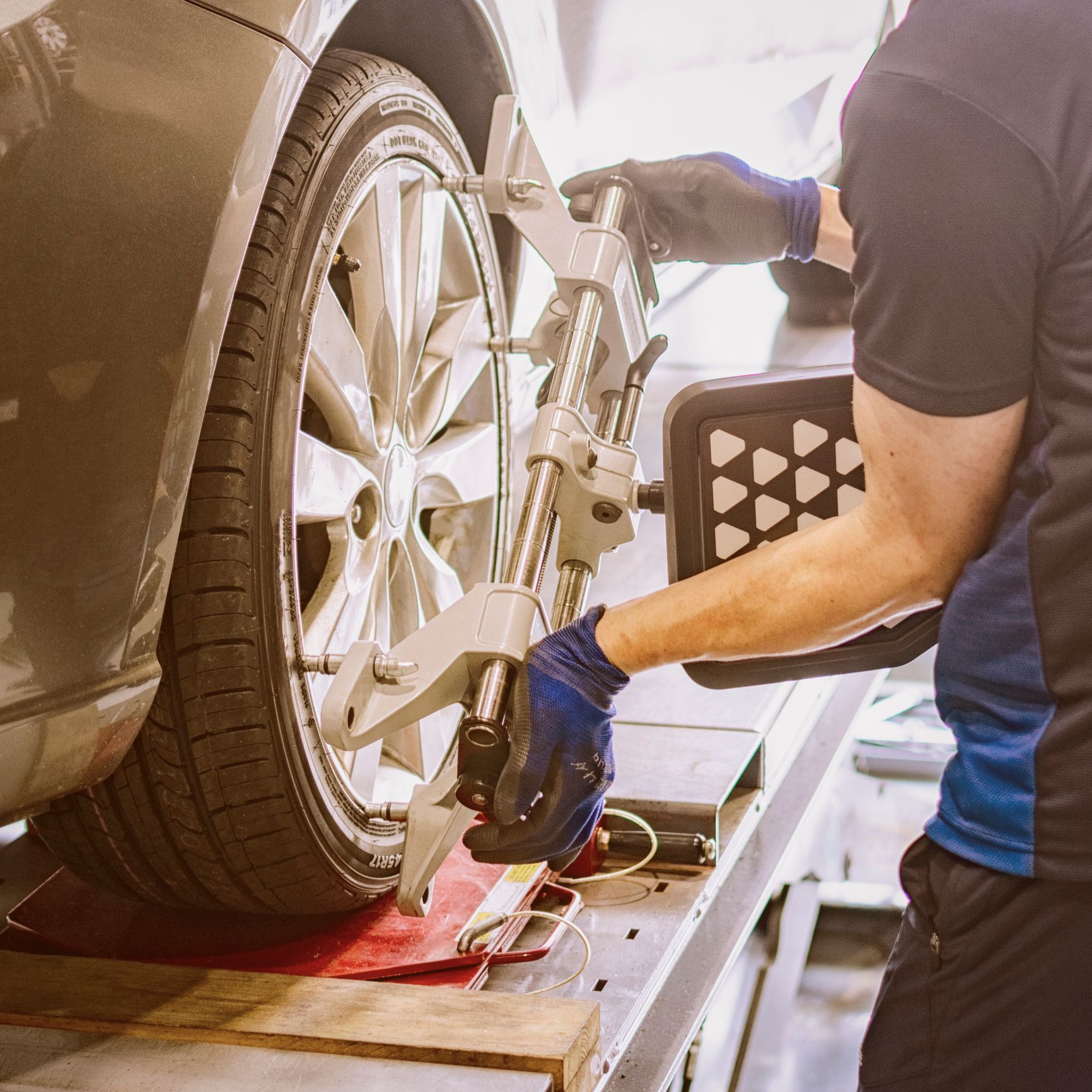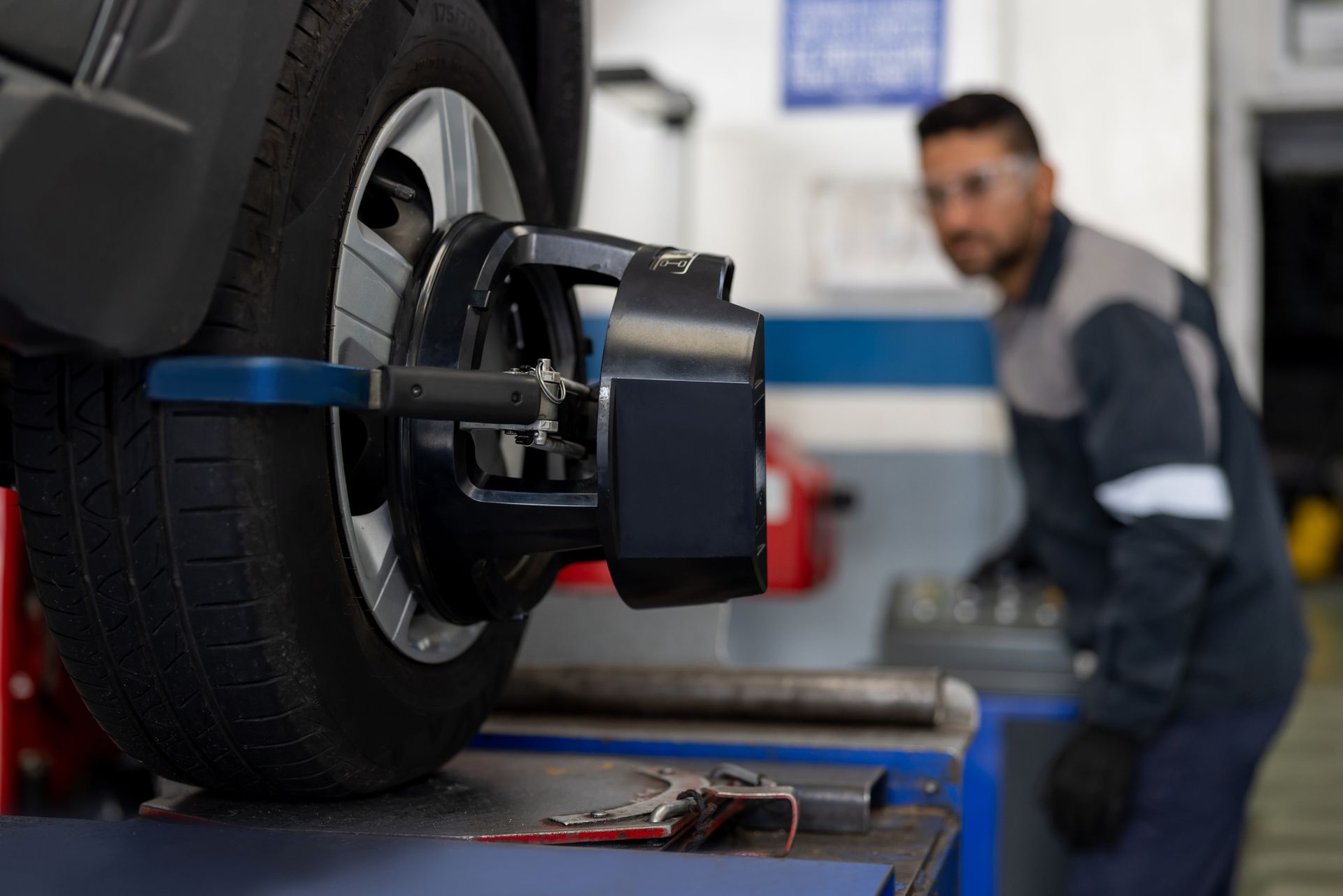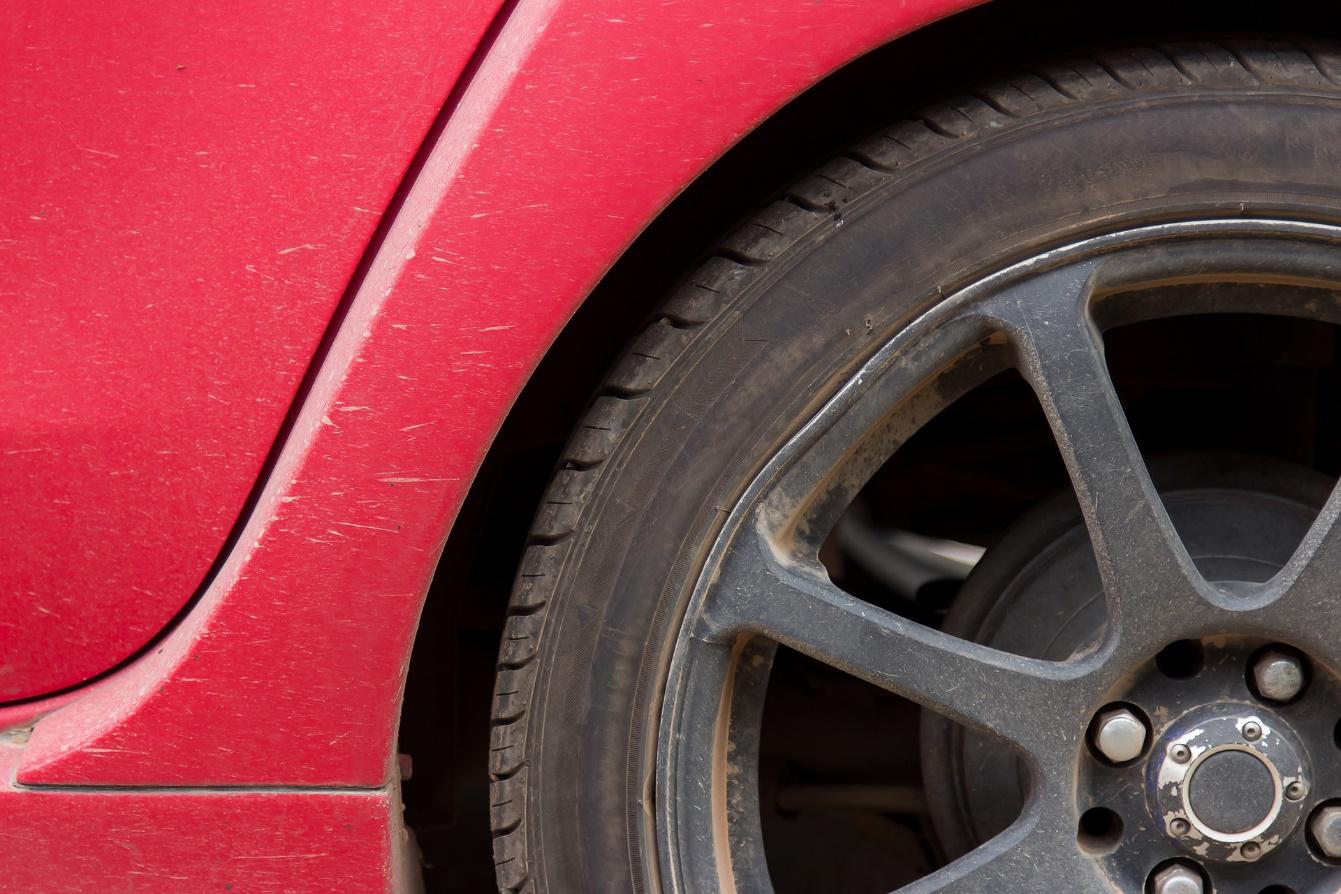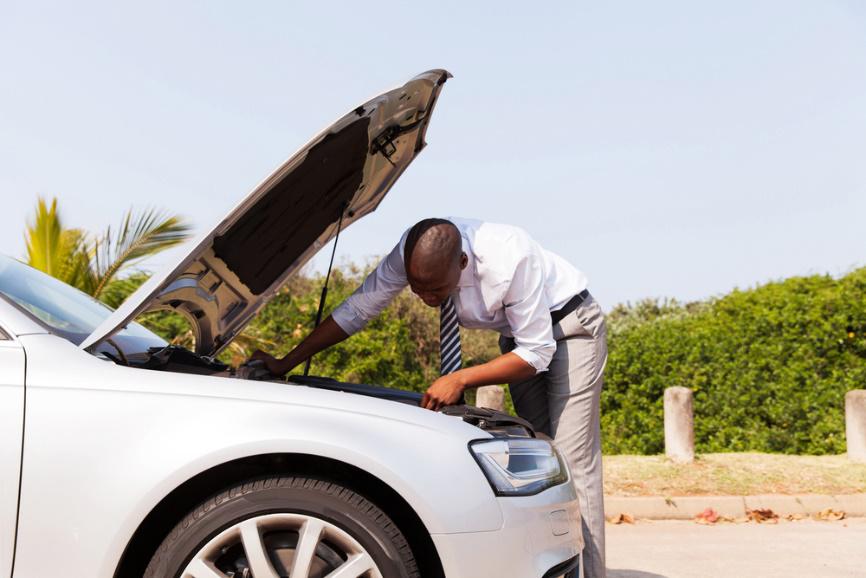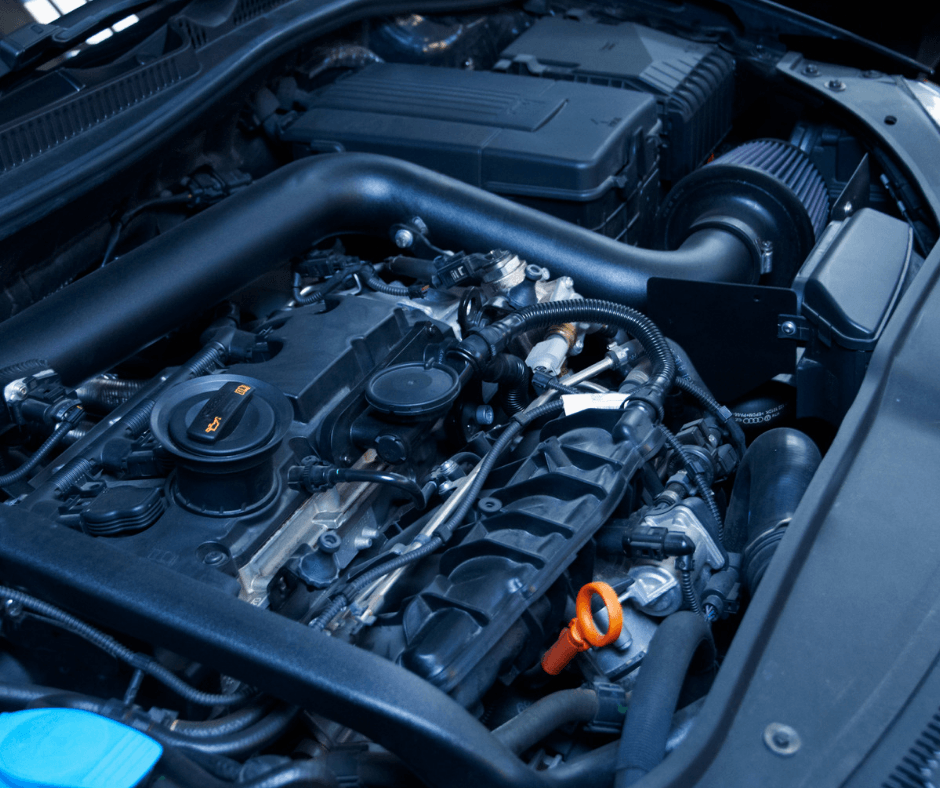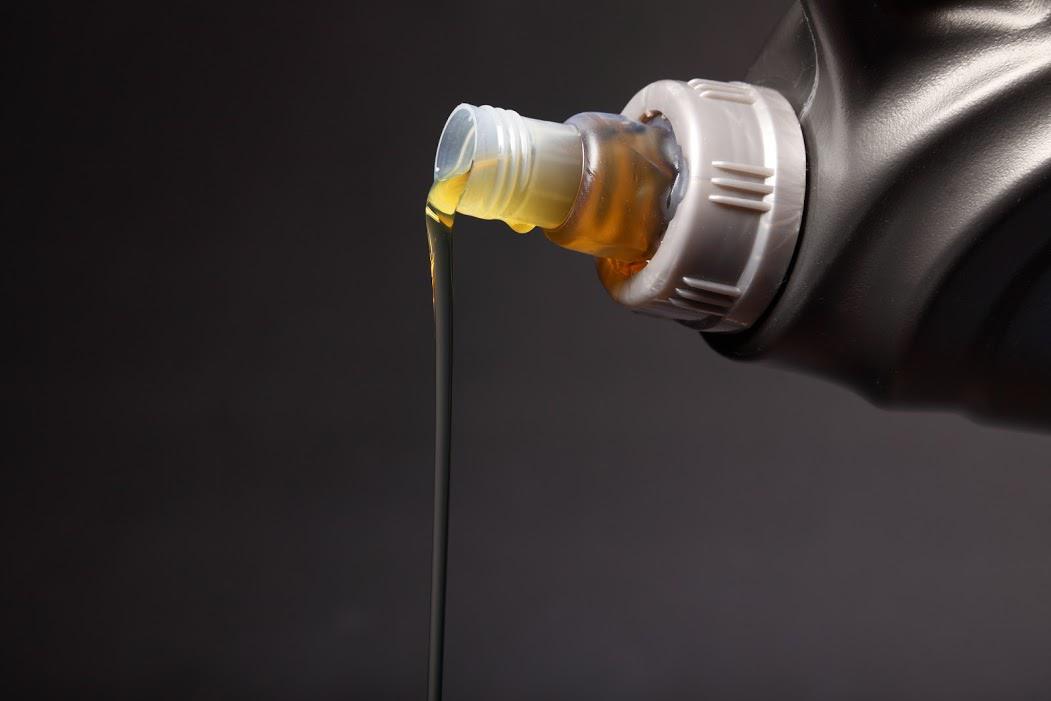3 Common Causes of Engine Bearing Failur
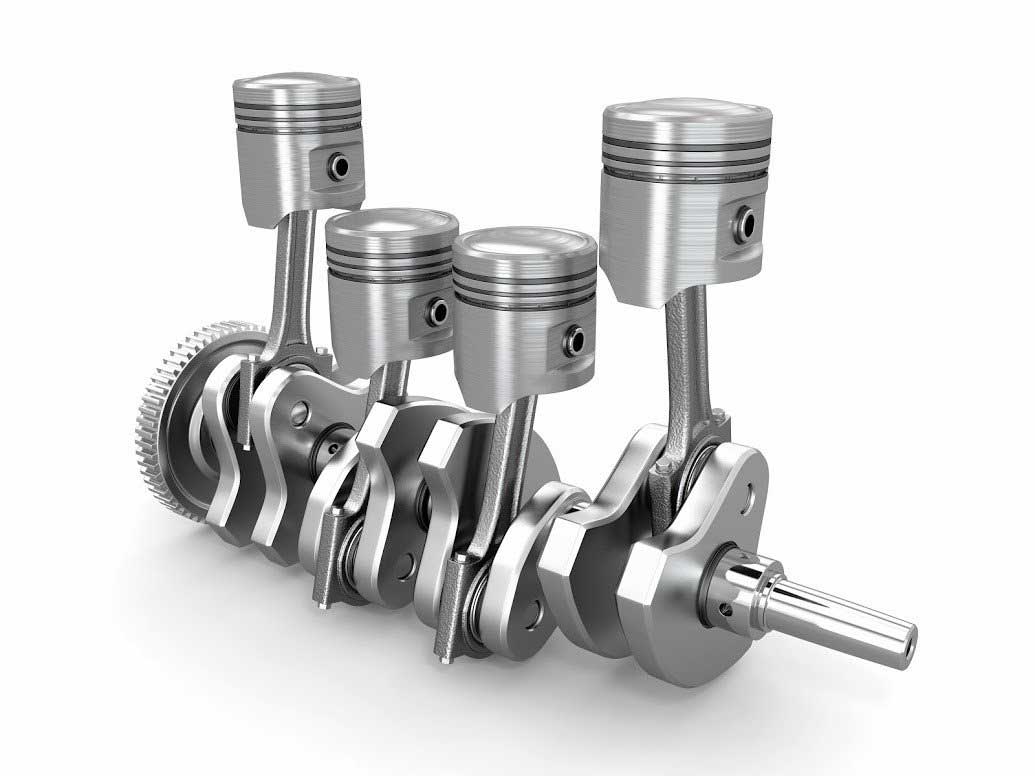
The engine in your car generates power through the combustion of gasoline and oxygen. This combustion causes the crankshaft to spin, thus providing the mechanical energy necessary to move your wheels. Your engine contains a set of bearings located where the moving parts of your engine meet the non-moving parts.
Also known as main bearings, the engine bearings provide support to the crankshaft, while also minimizing the amount of friction as it spins. Engine bearings must work in especially punishing conditions and will soon break down if not maintained properly.
If you would like to learn more about engine bearings, keep reading. This article takes a closer look at three common causes of engine bearing failure.
1. Lack of Lubrication
Many people assume that engine bearings consist of polished metal spheres. Yet engine bearings actually consist of flat cylinders, each of which consists of two halves known as inserts or shells. Manufacturers make bearings from special blends of metal, precisely balanced to optimize wear resistance without becoming so hard that the bearings damage the crankshaft.
In a well-working bearing system, the crankshaft never actually contacts the bearing surface. Instead, a thin layer of oil creates a protective buffer between the two components, while also reducing the amount of friction exerted on both. Without sufficient lubrication, both the bearing and the crankshaft would soon succumb to frictionrelated damage.
Engine bearings receive their lubrication from the common supply of motor oil in your car. As your engine runs, oil naturally moves into the bearing casings. Yet if your car's oil supply falls below recommended levels, your engine bearings may fail to receive an adequate measure of lubrication, thus increasing the chances of failure.
Ultimately, too little lubrication will lead to one of the most catastrophic of all engine problems - seized bearings. Should your car fall prey to this issue, you may have no choice but to replace your entire engine.
2. Dirt and Debris
Bearing failure can still occur even when your oil supply remains within acceptable limits. Here the problem involves contaminants in the oil supply. Dirt, dust, and debris can all wreak havoc on your engine bearings. As the bearings move at extremely high speeds, even tiny particles of debris can cause circumferential scratches along the bearing.
Once the bearing develops pits and grooves, bits of debris can even lodge themselves on the surface. The raised area created in this manner will break through the protective film of oil and damage the crankshaft.
The solution here involves having your oil checked regularly for signs of excessive contamination. If a mechanic deems that debris levels in your oil have risen too far, they will flush your system and restock it with fresh oil.
3. Excessive Bearing Crush
Engine bearings have a slightly wider diameter than the housing bore they sit inside of. This extra diameter creates an outward force commonly referred to as bearing crush, which increases the surface contact between bearing and bore. In other words, bearing crush literally holds the bearings in place, thus preventing unwanted movement.
Yet if bearing crush exceeds the appropriate amount for a given engine, serious problems may ensue. In that case, the bearings exert too much pressure on the bores. As a result, the bearings may bulge or bend inward. Bearing crush often occurs as the result of over-torqueing when building or servicing an engine.
For this reason, you must always hire an experienced professional to perform engine maintenance.
To learn more about what a professional can do to keep your engine bearings working correctly, please contact our automotive experts at Dualtone Auto Repair.

